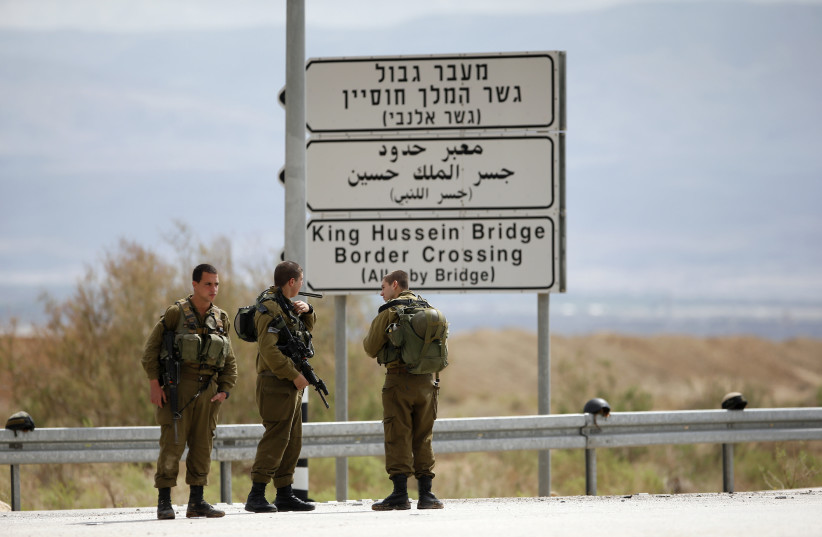Palestinian filmmaker Basel Adra said it took 30 hours to reach Berlin from his West Bank home for Saturday's film festival premiere of his documentary "No Other Land." Israeli co-director Yuval Abraham claimed it took him just four from his home half an hour away.
The film they spent five years making together documents Basel's struggle to preserve his village Masafer as Israeli forces - officially set on building a military training ground - and settlers steadily encroach in the West Bank.
The film highlights the parallel realities in which the two friends live -Yuval with his yellow Israeli number plate that lets him travel anywhere, Basel confined to a territory that only ever gets smaller for Palestinians.
"I have to ask for a visa and then have to travel from the West Bank to Jordan and go on crossing the checkpoints and the borders and then to Jordan and then to fly," Basel said.
"We live 30 minutes apart under the same Israeli control, but for Basel it took 30 hours probably to get here and for me to get to the airport is 20 minutes," added Yuval.

The scenes - of young Israeli soldiers guarding bulldozers, of injured sons, weeping mothers and crying children, of concrete being poured into the wells of a parched land - are familiar enough.
But the collective, which also includes Palestinian photographer Hamdan Ballal and Israeli cinematographer Rachel Szor, also shows the surreal impact of division on their lives.
Feelings of the film producers
Though they are firm friends, Yuval cannot hide the shame he feels at the freedom he enjoys that Basel does not, while Basel cannot always spare his friend from the anger he feels.
The situation in the West Bank has only worsened in the past two years. In December, the United Nations said some 300 Palestinians had been killed there since the war in Gaza broke out with a Hamas raid into southern Israel last Oct. 7, and almost 5,000 detained. It warned that the human rights situation there was rapidly deteriorating.
It said security forces had caused many of the deaths, though rights groups have also blamed armed Israeli settlers for attacks. Israel dismissed the report as "ridiculous."
The Berlinale festival selected the film shortly after the Israeli-Hamas war started.
For Yuval, whose grandmother was born in a concentration camp in Libya operated by Germany's Italian fascist allies, its message also belongs in Germany, a strong backer of Israel.
"I know Germans are feeling guilt for the Holocaust, and I think they should feel guilty," he said. "But...don't weaponize your guilt right now to harm Basel's family, or to support the war in Gaza that destroyed the entire place."
